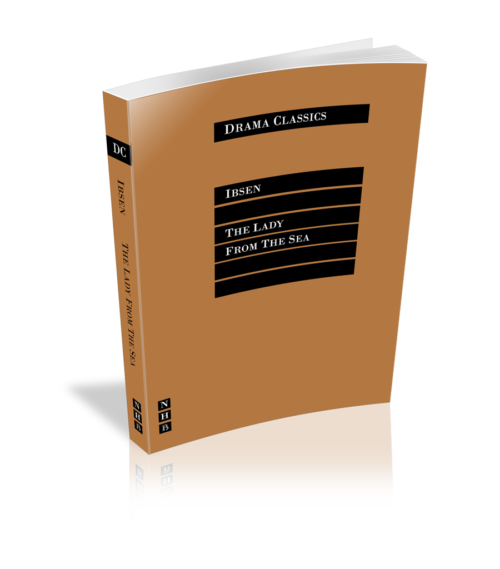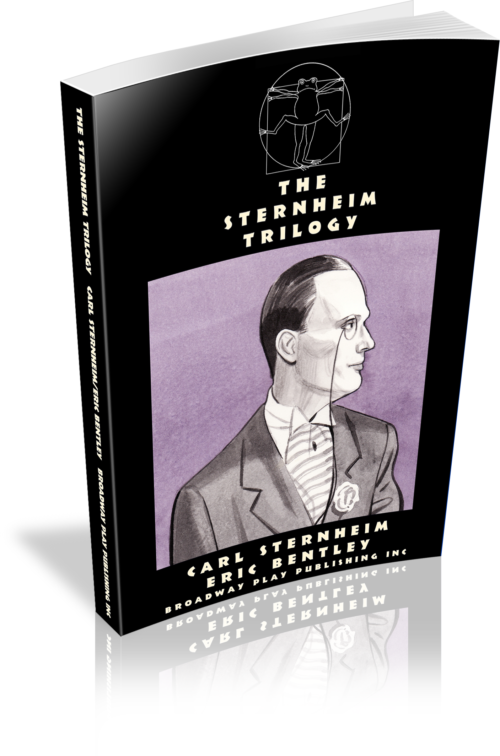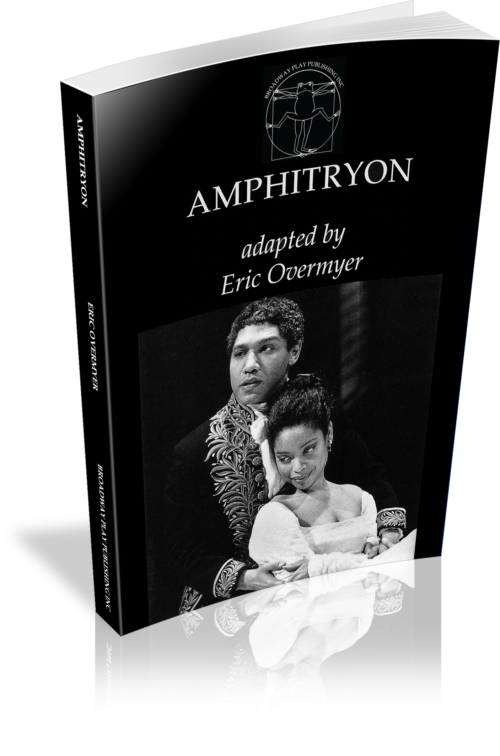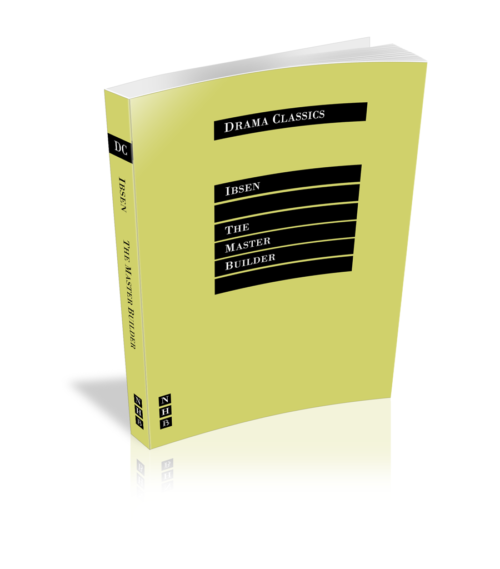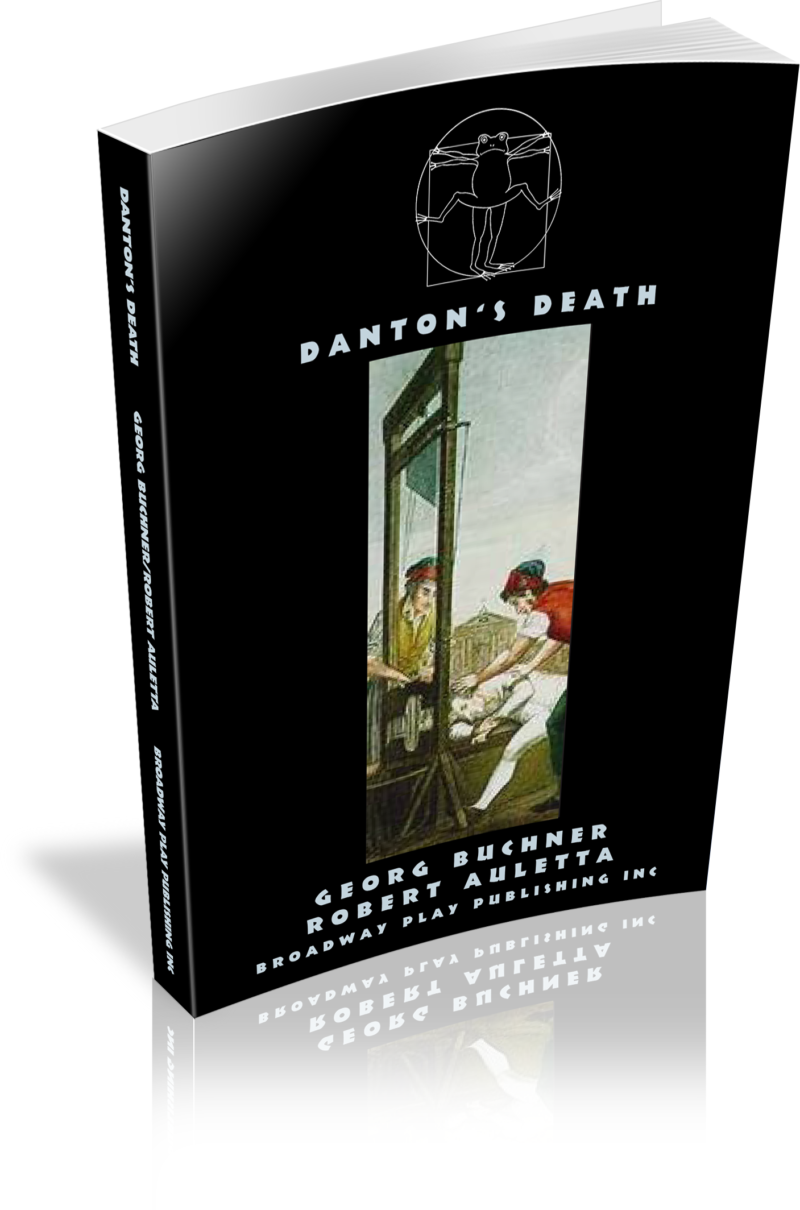
Danton’s Death
Description
Set during the French Revolution's Reign of Terror, the play takes place from March 24 to April 4, 1794, when Maximilien Robespierre was in charge of the Committee of Public Safety that, along with the Revolutionary Tribunal, condemned people to the guillotine. Guillotine victims ranged from those who were seen as too radical to those who were viewed as royalist sympathizers and even simply moderates like Danton.
Production Info
Full Length Drama (about 100 minutes)
Minimal Set Requirements
Period Costumes
Press Quotes
“Robert Auletta’s adaptation of DANTON’S DEATH streamlined Büchner’s epic romantic drama revolving around the passive, existential figure of Danton, a man who wishes to die in order to escape the horrors of the French Revolution. Auletta eliminated characters and combined scenes, but he did not change the story, omit the philosophical monologues, or minimize emotional elements. Danton’s wife’s suicide, Camille’s wife’s descent into insanity, and the contrast between Danton’s passivity and his friend Camille’s excitability all remain.” —Ellen Halperin-Royer, Theatre Topics
“It’s not really a political but a philosophical play. The issues are timeless.” —Robert Wilson
“A political radical born the same year as Richard Wagner (1813), Georg Büchner was a student of the French Revolution from boyhood. Trained (like Chekhov) as a doctor, he wrote DANTON’S DEATH at age twenty-two as a way of financing his escape from arrest for revolutionary political activity. Reflecting his disillusionment with political action, the play was finished in only five weeks, but Büchner had to flee to France before it was published. He died in 1837 at age twenty-three years and four months. Unknown until the 1890s, Büchner influenced such modern literary movements as Naturalism, Expressionism, Social Realism, Psychological Irrationalism, Existential Theater, and Theater of the Absurd. The first of his only three plays, DANTON’S DEATH was not performed for some seventy years. But its classic status was instantly established in 1916 when the great Max Reinhardt staged it in Berlin. Orson Welles’s Mercury Theater performed it in 1938.” —William Albright, The Houston Post
Author
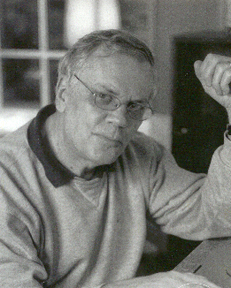 Robert Auletta
Robert AulettaRobert Auletta's plays have been produced at many theaters, including The Yale Repertory Theater, Joseph Papp's Public Theater, The American Repertory Theater, The Production Company, PS 122, Café La Mama, and the Westbank Downstairs Theater Bar, where many of his one acts were first performed. His play AMAZONS helped open The Market Theater in Cambridge, MA in 2000. Previous to that, his modern versions of Aeschylus's THE ORESTEIA and Molière's TARTUFFE, both directed by the French/Swiss director Francois Rochaix, were produced in the same city by the American Repertory Theater during their 1995/96 season. Two of his one acts, STOPS/VIRGINS, were awarded a Village Voice Obie for distinguished playwriting in 1983. His modern version of Sophocles' AJAX, directed by Peter Sellars in 1986, was performed in America at both the Kennedy Center and the La Jolla Playhouse, and to great acclaim in many theaters in Europe. It also received The Hollywood Drama-Logue Critics Award, and was filmed by Dutch television It has subsequently been shown at various film festivals in Greece. His Gulf War version of Aeschylus' THE PERSIANS, directed by Peter Sellars in 1993, received both controversy and acclaim in many productions both in America and abroad; causing a heated reaction at Los Angeles' Mark Taper Forum. It was produced again in 2005 by the Scena Theater in Washington, D.C., with an entirely different reaction from the audience. It was first published by Sun and Moon Press and recently reprinted by Broadway Play Publishing Inc. They also printed a collection of his plays, and later his version of Georg Büchner's DANTON'S DEATH, directed by Robert Wilson at the Alley Theater in Houston TX, and later at the Berliner Ensemble. He has received two National Endowment for the Arts Grants, a New York State Foundation Grant, and has been awarded residencies in various art colonies, including The MacDowell Colony, Ledig House, The Millay Colony, and Hawthornden Castle in Scotland. He taught at the Yale School of Drama for five years on various occasions, for thirteen summers at The Harvard Expository Writing Program, and continues to teach at The School of Visual Arts in New York City, and recently at the Lee Strasberg Theater and Film Institute. Since 2008 his short play RABBITS, which is published in PLAYS BY ROBERT AULETTA, has been enjoying another life as a twenty-minute film starring Jessica Hecht and Christopher McCann. For over seven years it has been seen all over the world, including in Russia and China, where it has played on occasion to over 100,000 viewers a week.
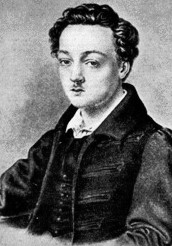 Georg Büchner
Georg BüchnerGeorg Büchner was born in Germany in 1813. He studied medicine, campaigned for social change, and wrote two plays, DANTON'S DEATH and LEONE AND LENA, before starting work on WOYZECK, which was based on a real criminal case. Büchner died of typhus at aged twenty-three.
Book Information
| Publisher | BPPI |
|---|---|
| Publication Date | 7/1/2005 |
| Pages | 64 |
| ISBN | 9780881452716 |
Special Notes
First produced by the Alley Theater, Houston
by special arrangement with Broadway Play Publishing Inc, NYC
www.broadwayplaypublishing.com
